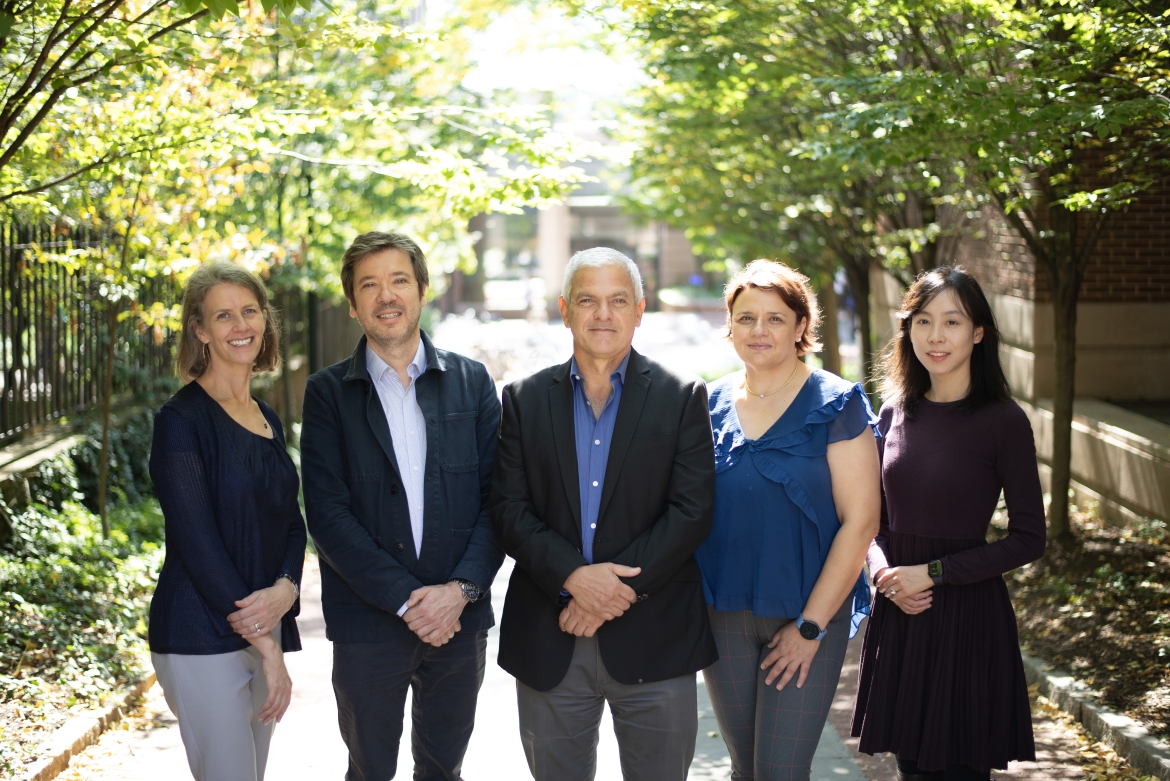The Population Studies Center (PSC) at the University of Pennsylvania (Penn) was founded in 1962 and stands as an international leader in research and training on the dynamic structure, organization, and health and well-being of human populations.
The PSC is home to over 60 Research Associates from more than a dozen departments and schools at Penn representing the social sciences, communications, law, public policy, medicine, nursing, and health care management and health policy. The interdisciplinary environment at the PSC encourages associates to develop collaborative synergies in research, training, and methodological innovation to address the demographic dimensions of today’s most pressing social, economic, policy, and public health issues.
The PSC training program includes doctoral students enrolled in Penn’s highly regarded Graduate Group in Demography and prepares trainees for careers in academic institutions, public service, and non-governmental organizations in the United States and internationally.
PSC staff provide support to research associates and trainees with grant administration, computing and other information technology, library and bibliographic services, and expertise in issues related to human subjects.
The services that PSC provides have been funded by infrastructure grants awarded by the Population Dynamics Branch at Eunice Kennedy Shriver National Institute of Child Health and Human Development (NICHD P2C HD044964) since 1978. The center and its associates are also supported by research grants and contracts awarded by federal agencies including the National Institutes of Health and the National Science Foundation and by private foundations. Penn’s School of Arts and Sciences (SAS) is the administrative home of the PSC and provides generous dedicated support to the center.
Current Leadership:
- Emilio A. Parrado, Director, Population Studies Center; Dorothy Swaine Thomas Professor of Sociology; Senior Leader, Administrative Core
- Paula Fomby, Associate Director, Population Studies Center; Professor of Sociology; Senior Leader, Development Core
- Xi Song, Associate Professor of Sociology; Senior Leader, Science & Technology Core
- Iliana Kohler, Associate Director of Training, Population Studies Center; Practice Associate Professor in Sociology
- Michel Guillot, Chair, Graduate Group in Demography; Professor of Sociology
